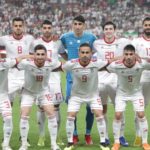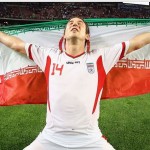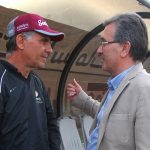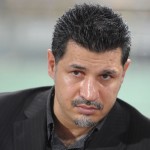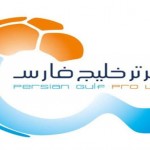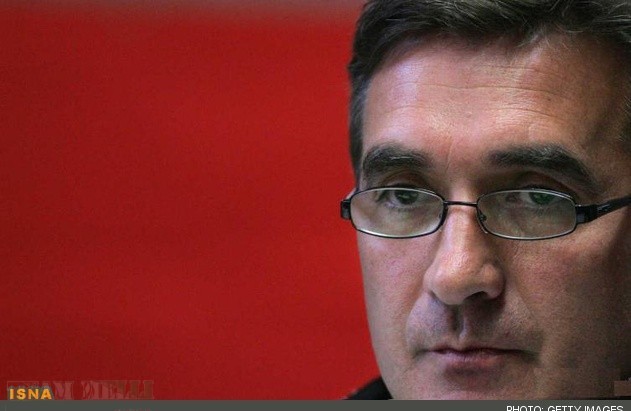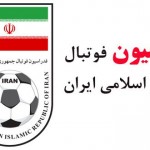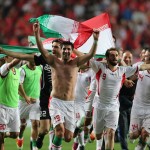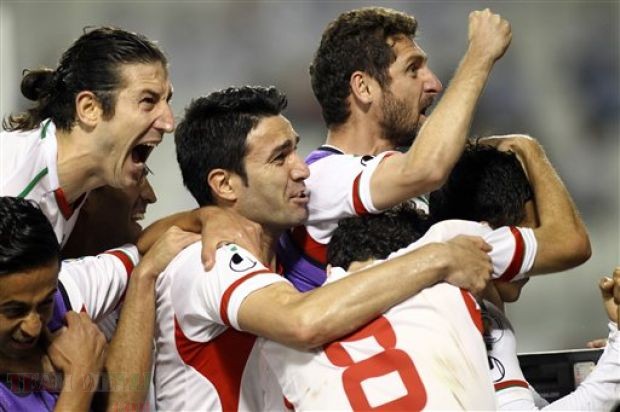With COVID19 still prevalent, Team Melli is likely to play the rest of FIFA World Cup 2022 qualifiers behind closed doors.
After months of uncertainty following of the postponement of the qualifiers, the schedule for the second round of the FIFA World Cup 2022 qualifiers in the Asian Zone was announced, and Iran will play four crucial matches in October and November this year. However, the venues have not yet been announced yet by the World Football Governing body and AFC, and it is unclear whether the games will be hosted by the home team as standard, and whether spectators will be allowed entry into the venues. There is a possibility that the rest of the qualifiers will be played in a third country behind closed doors.
This possibility of action by FIFA and AFC is due to the continuing outbreak of coronavirus in different countries of the world. Corona is currently on the rise in some countries, and experts predict that the spread of the disease will worsen in the fall, and health protocols need to be implemented more vigorously. In this regard, the head of the UEFA Medical Committee announced that all national games will be held in the fall without spectators and that fans will not be able to return to the stadiums at the moment.
Such ruling by the Europeans could also be implemented in Asia which would practically deny the Iranian fans from attending matches in Azadi.
* Effect of behind closed door games on Team Melli Chances.
Is this ban complicating Team Melli’s chances of qualifying? Although FIFA will announce its decisions after consulting with local confederations, it is clear that some Asian countries are less prepared than the Europeans and developed countries in terms of health protocols. As a result, due to the Iranian Premier League games being played behind closed doors, the AFC may not allow Iran to host spectators in the fall, and the national team will be forced to face its rivals without the support of the fans. Iranian fans have been a hallmark of Team Melli’s success throughout the years.
The players and managers have bee counting of home advantage in their remaining games specifically against Bahrain and Iraq, the two contenders of this group.
Due to the fact that Team Melli has played three away games, the matched in Tehran without the presence of spectators will be slightly in favor of the rivals. Currently, Iran is in third place in its group due to poor results of the previous round and the loss against Bahrain and Iraq under former coach Marc Wilmots. Iram has 4 points less than its two group leaders, namely Iraq and Bahrain.
Accordingly, the schedule of the Iranian national football team’s return matches was announced as follows:
Iran – Hong Kong (Thursday, October 8)
Cambodia – Iran (Tuesday, October 13)
Iran – Bahrain (Thursday, November 12)
Iran – Iraq (Tuesday, November 17)

